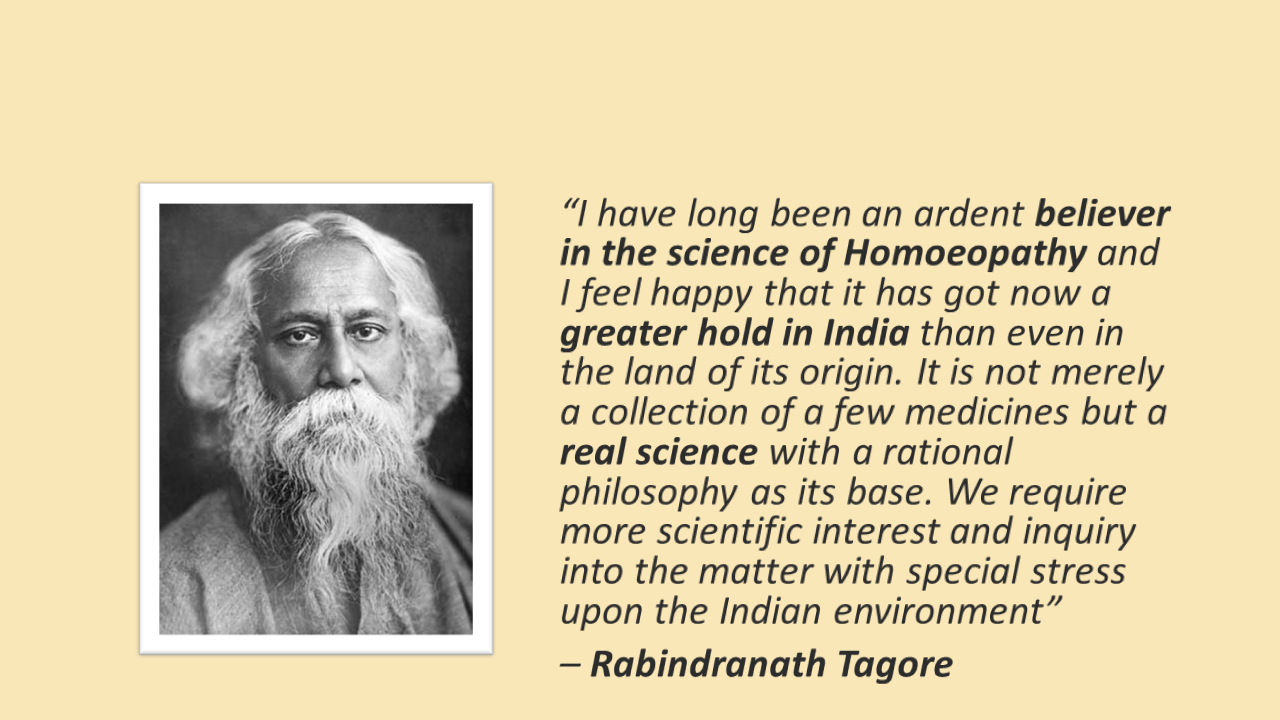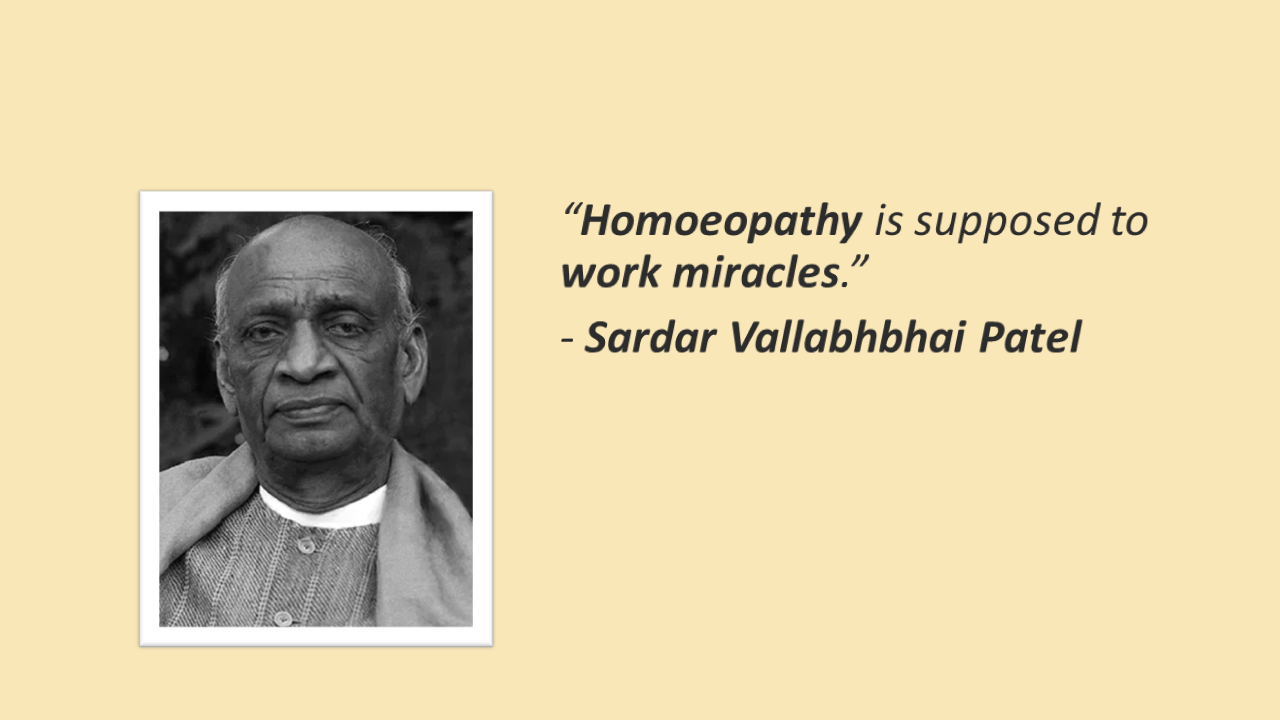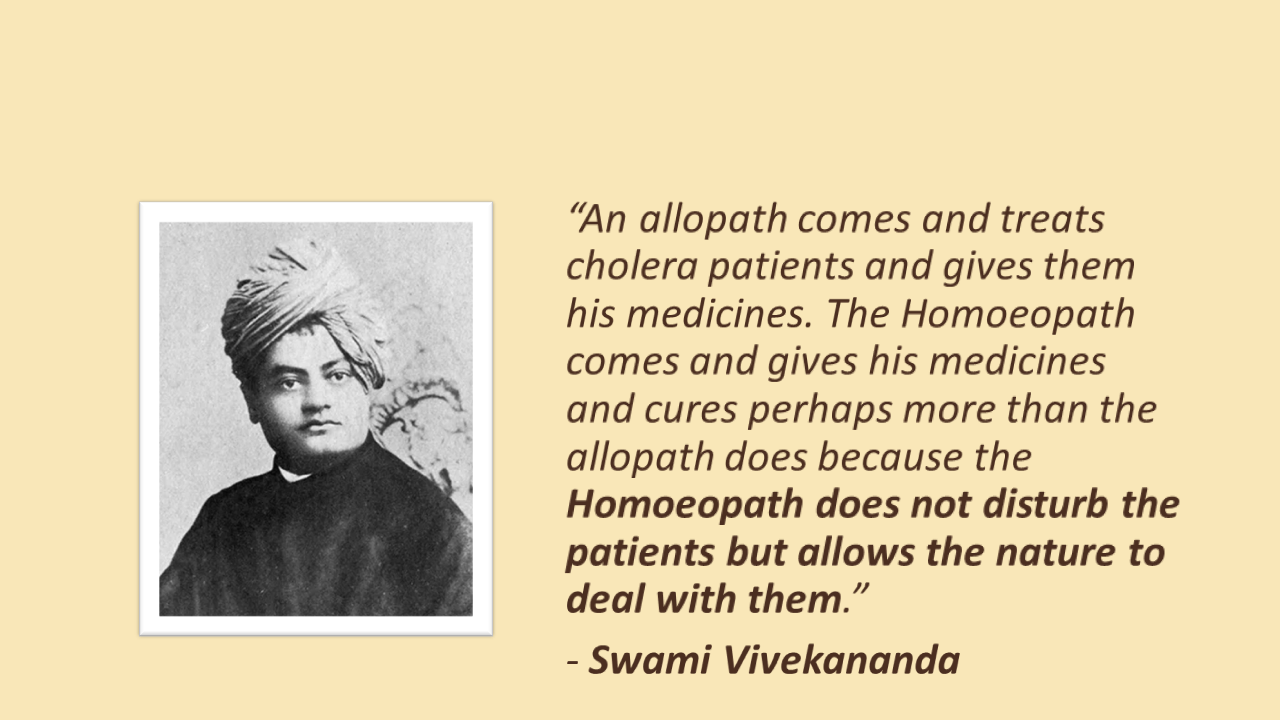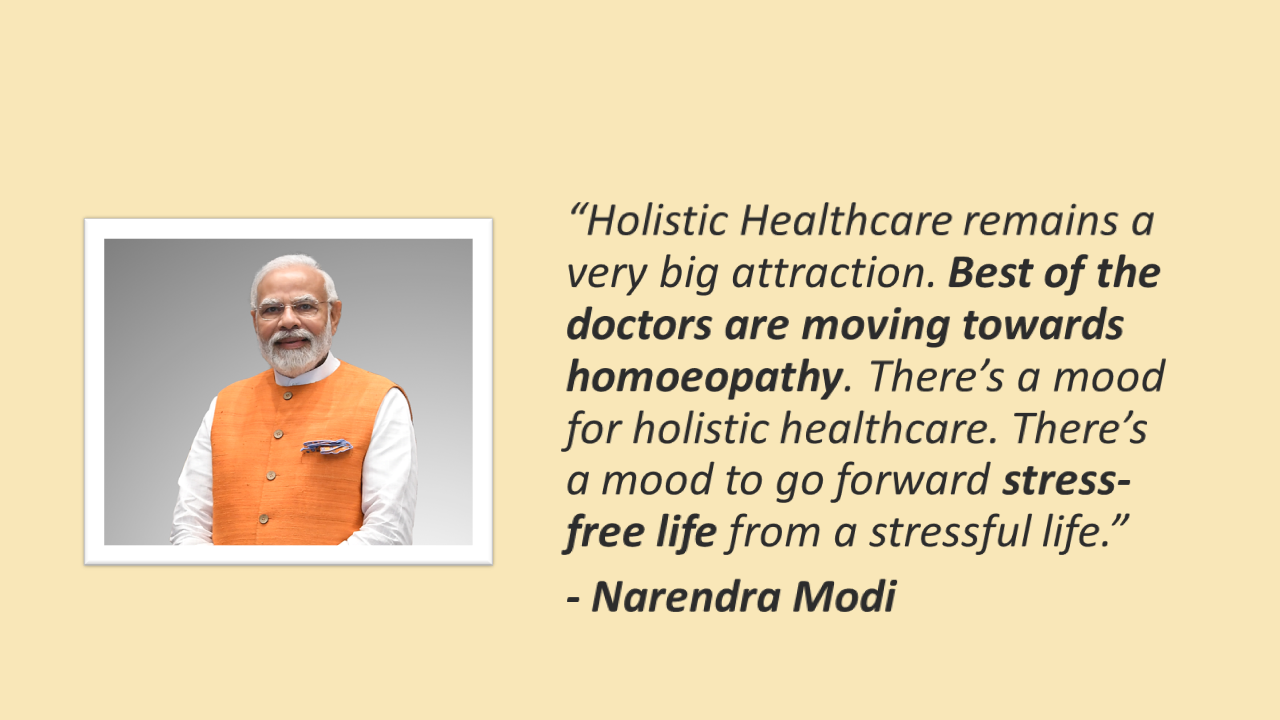About Homoeopathy
Dr. Samuel Hahnemann
Dr. Samuel Hahnemann (1755-1843), a German physician, is celebrated as the visionary founder of homoeopathy, an alternative medical system. Disillusioned with the often brutal and ineffective treatments prevalent in his era, Hahnemann sought a gentler, more scientific path to healing. His groundbreaking principle, “like cures like” (similia similibus curantur), emerged from his self-experimentation with cinchona bark, observing that a substance causing symptoms in a healthy person could, in highly diluted forms, cure similar symptoms in the ill. This foundational insight, meticulously detailed in his “Organon of the Healing Art,” established homeopathy’s core tenets: individualized treatment, minimal dosing, and the unique process of “potentization,” laying the groundwork for a therapeutic approach that continues globally today.
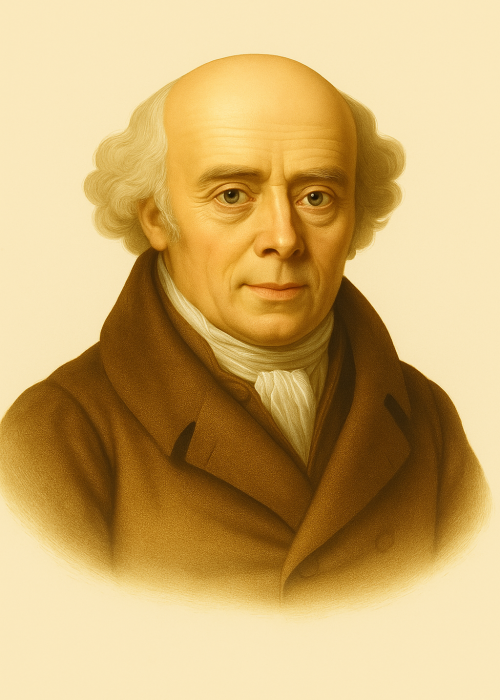
What is Homoeopathy?
Homoeopathy is a gentle, natural healing system developed over 200 years ago that helps your body heal itself. It’s based on the idea that “like cures like” — meaning a substance that causes symptoms in a healthy person can, in tiny doses, treat similar symptoms in someone who’s unwell.
This holistic approach treats the whole person, not just the illness, using highly diluted natural remedies designed to stimulate your body’s own healing power.
A Bit of History
The concept dates back to ancient medicine and Hippocrates, the Father of Medicine, who believed that diseases could be cured by applying “like to like.” The word “homoeopathy” itself comes from Greek, meaning “similar suffering.”
Homeopathy Today
In India, homeopathy is a trusted and officially recognized medical system, embraced by millions for its safety and gentle healing. Around 10% of Indians rely solely on homeopathy, making it the country’s second most popular healthcare choice.
Worldwide, homeopathy continues to grow as a natural, personalized path to wellness.
Thoughts about Homoeopathy by Leaders

